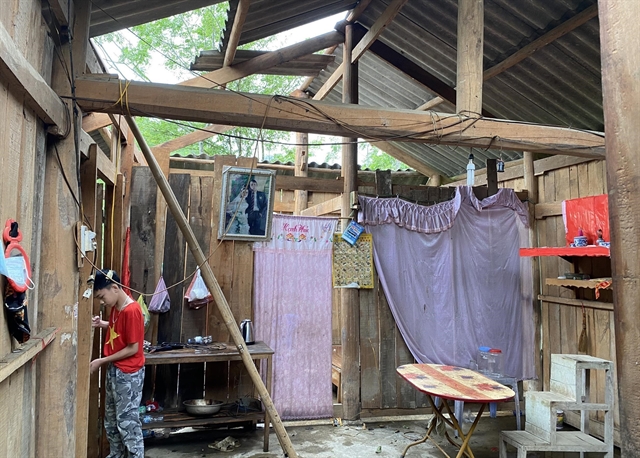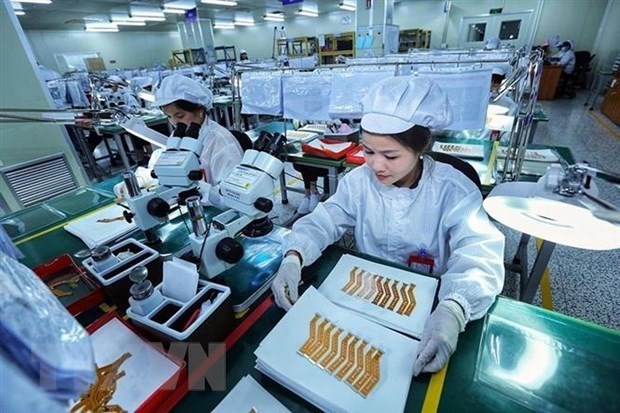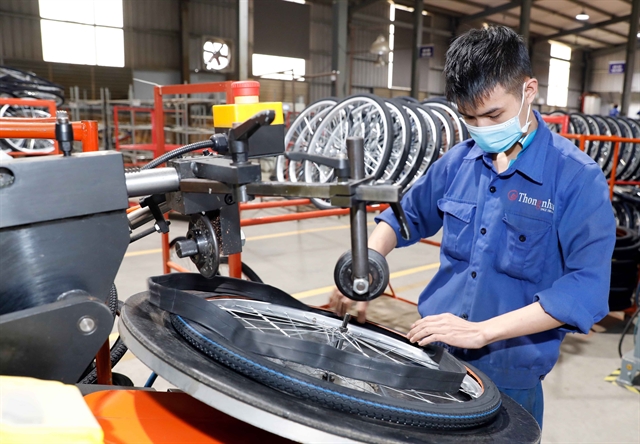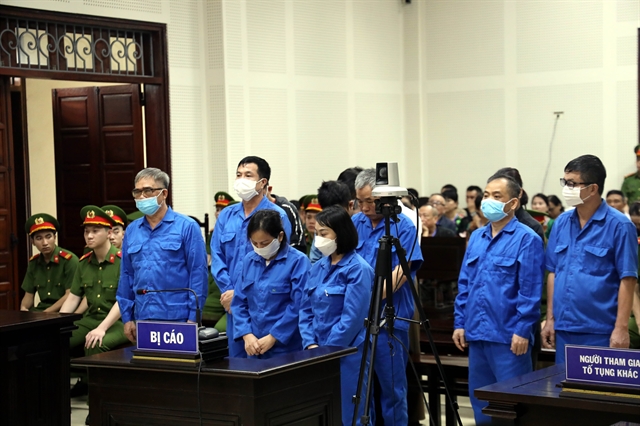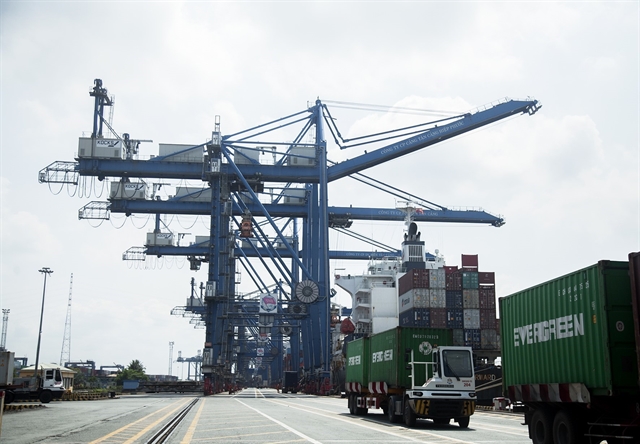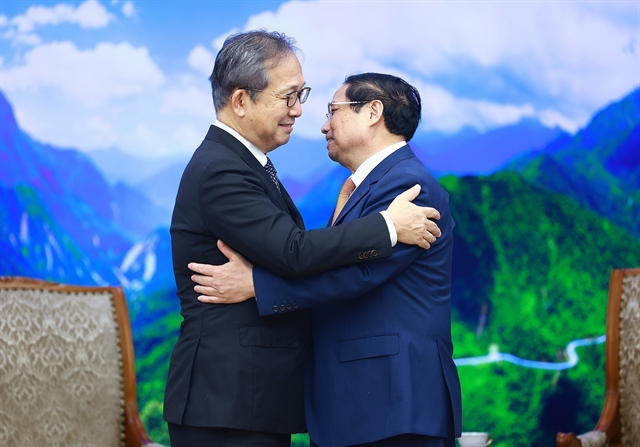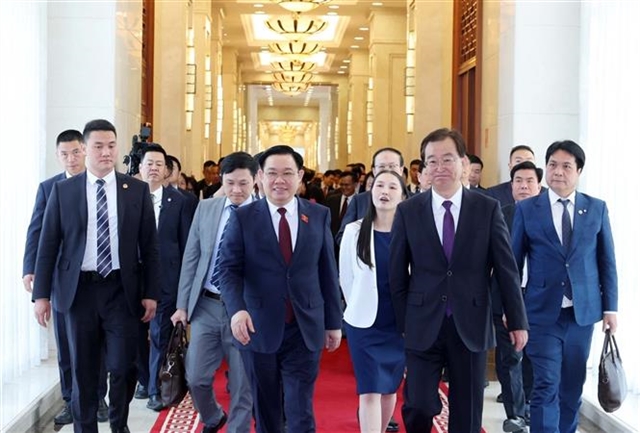 Opinion
Opinion

Professor Dr Lê Kim Long, former principle of the Hà Nội University of Education, speaks to the newspaper Kinh tế & Đô thị (Economic and Urban Affairs) on the impacts of the 4.0 Revolution – the major economic shift currently underway, driven by new digital technologies – on Vietnamese teachers.
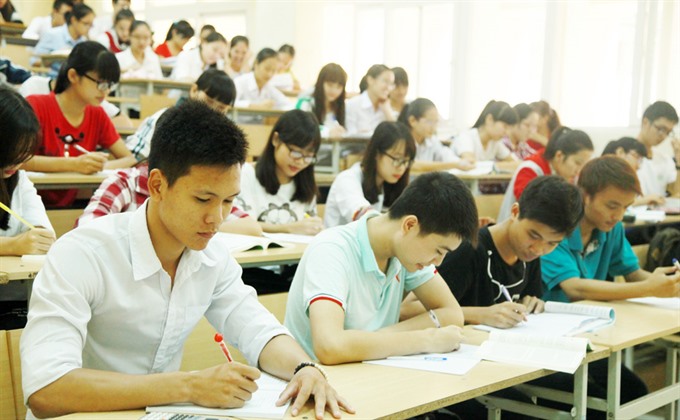 |
| The Ministry Education and Training (MOET) in 2010 introduced a set of criteria for the training programmes of university and college levels nationwide. — Photo kinhtedothi.vn |
Professor Dr Lê Kim Long, former principle of the Hà Nội University of Education, speaks to the newspaper Kinh tế & Đô thị (Economic and Urban Affairs) on the impact of the 4.0 Revolution – the major economic shift currently underway, driven by new digital technologies – on Vietnamese teachers.
How do you anticipate the 4.0 Industrial Revolution will impact Vietnamese teachers?
In my opinion, a basic mission of the 4.0 Industrial Revolution is “its connectivity.” Wide internet coverage has become a tool to connect global education resources with Việt Nam. As a result, our teachers and students have better access to a wide range of educational materials – very good reference sources for them to consult. Teachers should make the best use of these precious resources to enrich their knowledge and then transfer that to the students.
What are Việt Nam’s criteria and standards in teacher training institutions?
The Ministry Education and Training (MOET) in 2010 introduced a set of criteria for the training programmes of university and college levels nationwide. But I’m sorry to say that until now the implementation has not really been to up to the expectations.
The MOET has also introduced a set of criteria for the evaluation of the teachers’ performance. Though that set of criteria has been used as a toolkit to evaluate the teachers’ performance, the results recorded were not very effective. So, in my opinion, we need to develop immediately a set of standards for the teacher training program; then a set of professional standards for teachers in the first five to 10 years in their profession; and a set of professional standards for teachers in the jobs from 10 to 20 years. Finally, we’ll develop a set of standards for those who have been teaching for more than 20 years and consider these teachers as those who have strong influence on the young teachers. I hope such a grading system will encourage the young teachers to improve their professional skills.
What will be the outcome criteria for teacher training in Việt Nam in the coming years?
The old criteria or new criteria for the teaching profession cover both their general knowledge and their ability to acquire new knowledge and apply it in their teaching.
The new educational program lays stress on encouraging the students to develop their independent learning ability and to apply their knowledge to their lives. In order to do that, we should not focus too much on the academic knowledge.
Don’t you think that teachers in the era of the 4.0 industrial revolution should also achieve a certain level of information technology proficiency and foreign languages?
I’m sorry to say that at present we have wasted time and energy on many things. For example, there is a requirement that teachers must have the IT expertise of an IT expert; their foreign language level must be as good as that of a foreign language expert. How can our teachers have time to acquire such expertise while still being competent teachers? All in all, for the teachers, foreign language is just a vehicle in their work while the IT will help them looking for new knowledge on the Internet.
Don’t you think that teachers should be given better treatment than what they receive nowadays?
In my opinion, if teachers are given “red carpet treatment,” some other special occupations should also be given the same. However, our budget is very tight while we have more than one million teachers nationwide. In my opinion, the Government should come up with a road map to stop its investment in tertiary education and encourage some 40 percent of high school graduates to enroll in secondary occupation schools.
The State budget will then focus its investment from grade 9 downwards. When this policy is in place, each class will have 20 to 30 students, their teachers will have more time to talk to each student in the class. I’m pretty sure that if my suggested ideas turn into reality, our education will be on par with that of many advanced education systems in the world. — VNS

